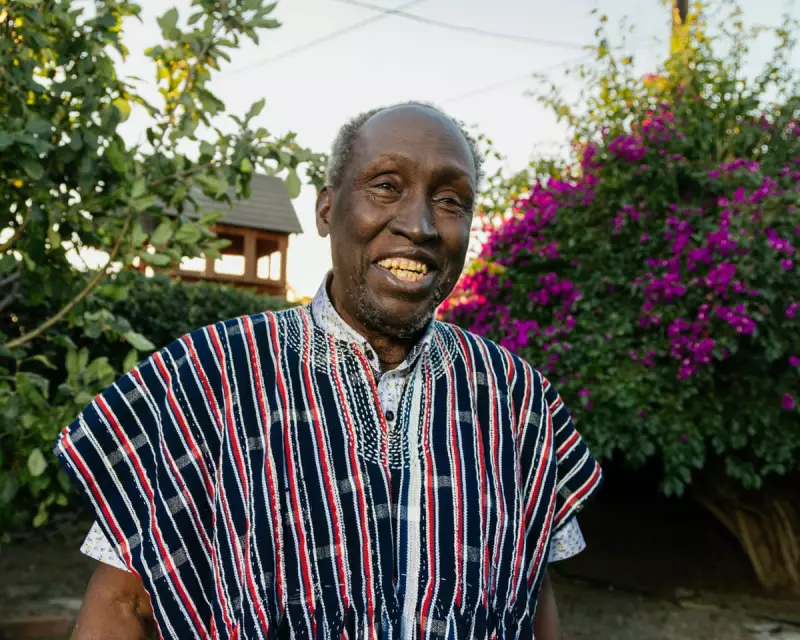
In a powerful dialogue on the role of language in liberation, celebrated authors Ngũgĩ wa Thiong'o and Aminatta Forna explored how linguistic decolonisation reshapes cultural narratives. The event, held in London, highlighted the enduring impact of colonialism on language and identity.
The Power of Language in Decolonisation
Ngũgĩ wa Thiong'o, the Kenyan literary giant, reiterated his long-standing argument that language is not merely a tool of communication but a weapon of conquest. "When colonial powers imposed their languages," he said, "they sought to erase indigenous histories and worldviews." Forna, the award-winning British-Sierra Leonean writer, echoed this sentiment, emphasising how reclaiming native tongues fosters authentic self-expression.
Writing in Indigenous Languages
Thiong'o shared his personal journey of abandoning English to write in Gikuyu, his mother tongue. "This wasn't rejection but reclamation," he explained. Forna added that while she writes in English, she consciously weaves African linguistic rhythms into her prose, creating a hybrid form that challenges Eurocentric norms.
Audience Reactions and Future Steps
The discussion sparked lively debate among attendees about practical steps to decolonise literature. Suggestions included:
- Increased translation of works from indigenous languages
- Support for publishing houses specialising in African literature
- Educational reforms incorporating postcolonial perspectives
Both authors agreed that while progress has been made, the literary world still has far to go in dismantling colonial linguistic hierarchies.





